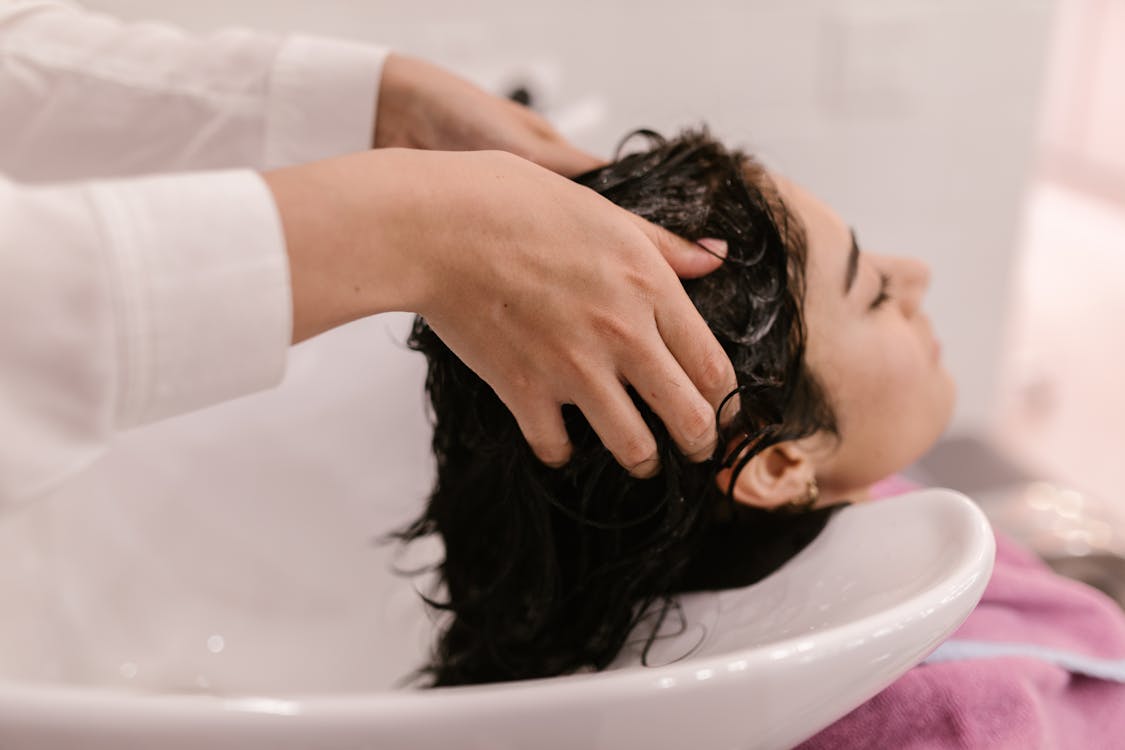Are You Washing Your Hair Too Often? Discover the Truth About Overshampooing
In our quest for perfectly clean and lustrous hair, many of us might be overdoing a crucial part of our hair care routine: shampooing. Yes, overshampooing can actually harm your hair more than it helps. But how can you tell if you're guilty of this hair care faux pas, and what can you do to correct it?

What is Overshampooing?
Overshampooing refers to washing your hair with shampoo too frequently, which can strip away the natural oils that keep your hair healthy and hydrated. While cleanliness is important, maintaining the natural balance of oils is equally crucial.
Signs You Might Be Overshampooing
- Dry and Brittle Hair: One of the most common signs is that your hair feels dry and brittle. If your hair lacks moisture, it might be because the natural oils have been washed away.
- Increased Hair Breakage: If you notice more hair breakage and split ends, it could be a result of overshampooing, which weakens the hair strands.
- Frizz and Unmanageability: Frizzy and hard-to-manage hair often indicates that the natural protective oils are missing, leading to more flyaways and tangles.
- Itchy and Irritated Scalp: A dry, itchy scalp is another sign that you might be washing your hair too frequently. The natural oils that protect and hydrate your scalp are stripped away, causing discomfort.
How Often Should You Shampoo?
The frequency of shampooing can vary based on hair type, lifestyle, and personal preference. However, experts generally recommend:
- Oily Hair: 2-3 times a week.
- Normal Hair: 1-2 times a week.
- Dry Hair: Once a week or even less frequently.
Tips to Avoid Overshampooing
- Use a Gentle Shampoo: Choose a shampoo that is sulfate-free and designed for your specific hair type. This will help maintain the natural oils.
- Incorporate Conditioner: Always follow up with a conditioner to replenish moisture and protect your hair.
- Try Co-Washing: Consider using a cleansing conditioner or co-washing, which can clean your hair without stripping it of essential oils.
- Listen to Your Hair: Pay attention to how your hair responds. If it feels dry or damaged, reduce the frequency of shampooing.
Benefits of Reducing Shampoo Frequency
By cutting down on how often you shampoo, you can expect to see a number of positive changes:
- Healthier Scalp: Your scalp will produce a balanced amount of oils, reducing dryness and irritation.
- Stronger Hair: Natural oils help strengthen your hair, leading to less breakage and split ends.
- Improved Texture: Your hair will become more manageable and less frizzy over time.
Expert Opinions
Dermatologists and hair care professionals widely agree that less can often be more when it comes to shampooing. According to Dr. Francesca Fusco, a New York-based dermatologist, "Shampooing too often can remove the natural oils that protect your hair and keep it hydrated. It's important to find a balance that works for your hair type."
Conclusion
Finding the right shampooing routine can take some experimentation, but the rewards of healthier, stronger hair are well worth it. So, the next time you reach for that shampoo bottle, consider if your hair truly needs it or if it's time to give your locks a break.
References
- Fusco, Francesca, MD. (Dermatologist). “How Often Should You Wash Your Hair?” Healthline.
- “The Truth About How Often You Should Shampoo.” WebMD.
- “Is Overwashing Your Hair Damaging It?” Medical News Today.

 Cricket Score Counter
Cricket Score Counter Heads or Tails
Heads or Tails
You have not logged in, please Login to comment.